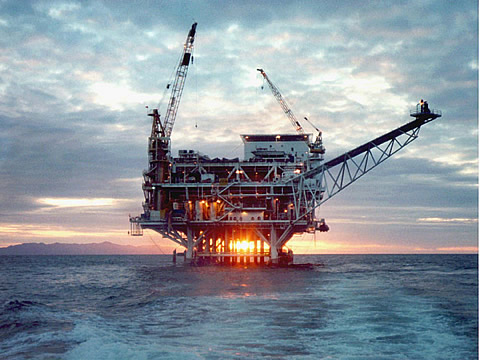Norway’s sovereign wealth fund, the world’s biggest thanks to petrodollars, is scaling back plans to dump stakes in oil and gas companies, the government has revealed.
Originally, the fund — which manages more than $1 trillion in assets — had envisaged pulling out of 134 companies involved in oil and gas exploration and production.
Norway is the biggest oil and gas producer in western Europe and the plans were seen as a major blow to the fossil fuels industry and welcomed by the environmental lobby.
But Oslo has now opted for a much more modest pull-out and would sell stakes in 95 companies involved in the so-called upstream activities of exploration and production.
Downstream activities, such as refining and marketing, and “integrated companies” involved in downstream and upstream activities, would remain unaffected, the finance ministry said in a statement late Tuesday.
That means that majors such as ExxonMobil, Shell, Total and BP will be spared.
Acting on a recommendation of the Bank of Norway, which manages the fund, the ministry said it had reassessed the classification of companies involved in upstream activities.
As of mid-September, a total of 95 companies were categorised as such, equivalent to about 0.8 percent of the fund’s holding in equities, corresponding to about 54 billion Norwegian kroner (5.4 billion euros, $5.9 billion).
“The phase out will be made gradually over time,” the ministry added.
Sovereign funds are state-owned investors in various kinds of assets that aim to generate revenue for government programmes and pensions.
Oil and gas represent almost half of Norway’s exports and 20 percent of the state’s revenues.
The oil revenues are placed in the sovereign wealth fund — commonly referred to as the “oil fund” but formally known as the Government Pension Fund Global — which Oslo then taps to balance its budget.
© Agence France-Presse

